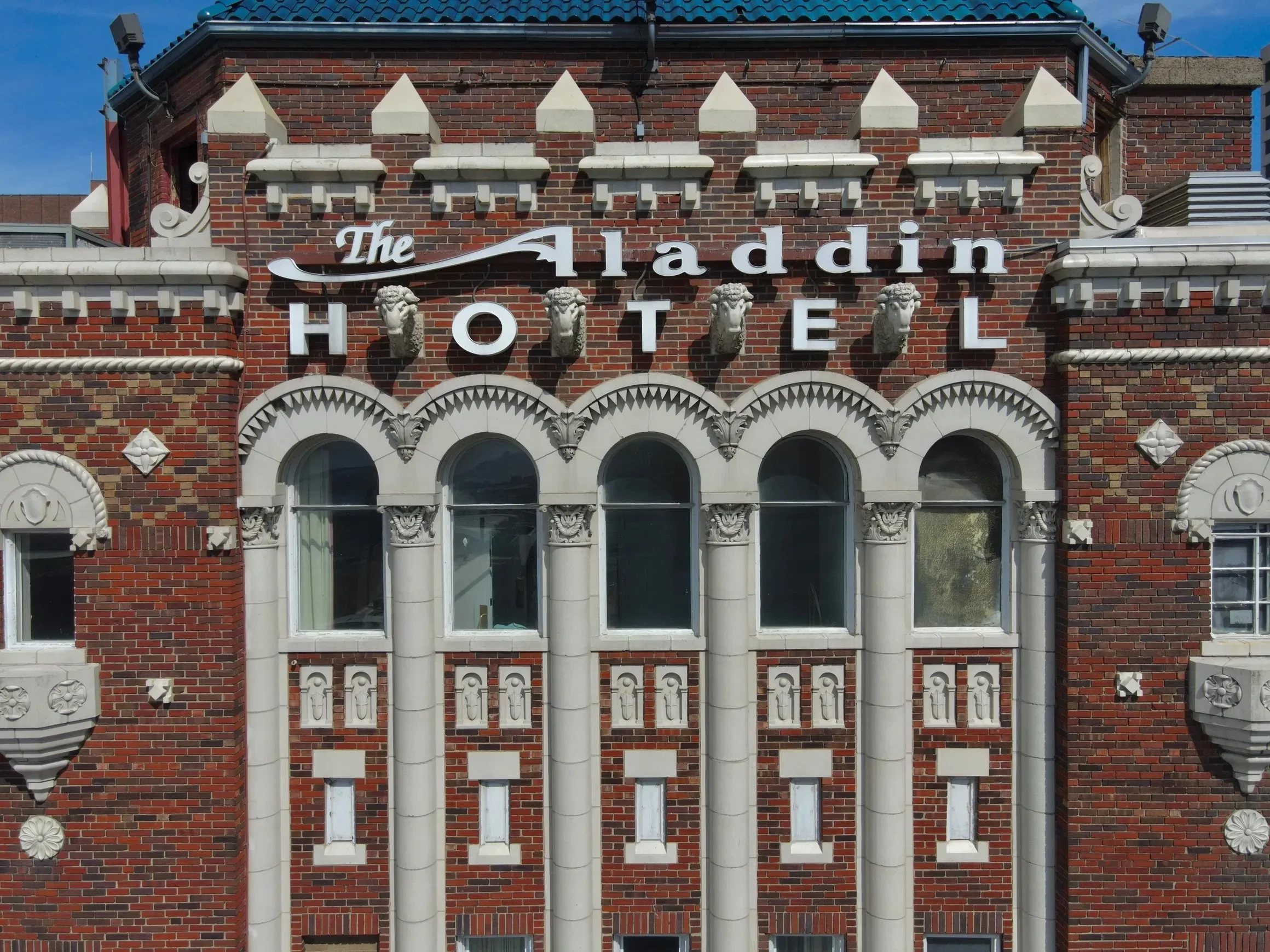Meet Jayme Miller, CCIM, commercial realtor at Beyond Brokerage, a NorthPoint Development company providing brokerage services to third-party clients.
Miller shifted into CRE after working a job in corporate supply chain.
“It was a good, comfortable job but it wasn’t fulfilling. I was about to turn 30 and knew I did not want to spend my career there. I did some soul-searching to figure out what I wanted to be when I 'grew up' and after I discovered commercial real estate, it was if a light bulb turned on and everything came together! I knew exactly what I wanted to do and haven’t looked back since,” Miller said.
RT: When considering a lead, what do you look for specifically?
We look for someone who looks for a partnership approach and values win-win transactions just as much as we do. My team works with a variety of users, everyone from the investor who owns one or two buildings to REITs with a big portfolio. We also love working with buyers or tenants. We have transacted on office, retail, land, industrial and multifamily. Really it all comes back to the partnership- If the partnership is right, we make it work.
RT: What are market trends you are experiencing with your clients currently?
JM: One thing Covid taught us is that we never know what the future holds! The pandemic came on fast and strong and drastically impacted dozens of industries, some positively and some negatively. We are seeing many tenants ask for Covid provisions in their leases. Many landlords have been accommodating. We are also seeing some hesitancy to commit to long, seven to 10-year lease terms.
RT: What do you see moving forward, as we move beyond 2020?
JM: The market definitely softened earlier this year but came back with a roar because the fundamentals were still strong. Our Q4 was one of our strongest quarters on record! Overall, property owners are having to think and re-think about futuristic uses for their assets. What worked yesterday may not work tomorrow.
RT: What challenges and opportunities are your main asset classes facing now?
JM: Retail is going through a major shift. Online shopping was already taking away demand for retail space, and the pandemic sped up that adaptation rate. Retail owners are having to figure out what to do with their buildings, particularly big box spaces. There’s opportunity there to create experiences people cannot get online, and to use space to create community. I see that in the Creekside development in Parkville, where they are putting a courtyard with programming between retail spaces. The new owners at Zona Rosa are also working to develop more community spaces. The other big opportunity in retail is to create spaces at affordable rates for local tenants. People like to shop local, and the pandemic highlighted how important that support is.
There is a lot of uncertainty in the office world. When will people come back to work? Will we see a shift back to private office to encourage social distancing? Will companies need a bigger footprint because they will be spreading people out? Or will they need less because a certain percentage of their employees will stay remote? The opportunities for office owners include thinking about health-focused initiatives such as windows that open, increased janitorial/sanitization and upgraded HVAC filtration.
RT: How do you feel about the state of the market in Kansas City and why?
JM: I am very optimistic! Kansas City is a great mid-sized market. We see capital coming here from the coasts because it’s so affordable. Kansas City has really been on an upward trajectory over the last 15 years. Executives move here reluctantly as part of a relocation and end up falling in love with the city. Our fundamentals are strong and there is still a ton of opportunity in underdeveloped areas.
RT: Can you share any other current and future projections if any?
JM: I predict the market continuing to grow, albeit at a slower rate, in 2021. Longer term I see downtown/Crossroads continuing to attract high quality tenants. I see Midtown developing, particularly along the KC Streetcar line and into the Martini Corner area. I am excited about all the activity on Troost; that will be great for that area and there are some fantastic and responsible players involved. I see continued development of “micro communities” like what is being created in downtown Overland Park and downtown Shawnee.
Jayme can be reached at Jayme@Beyondbrokeragekc.com or 816.261.2006.





